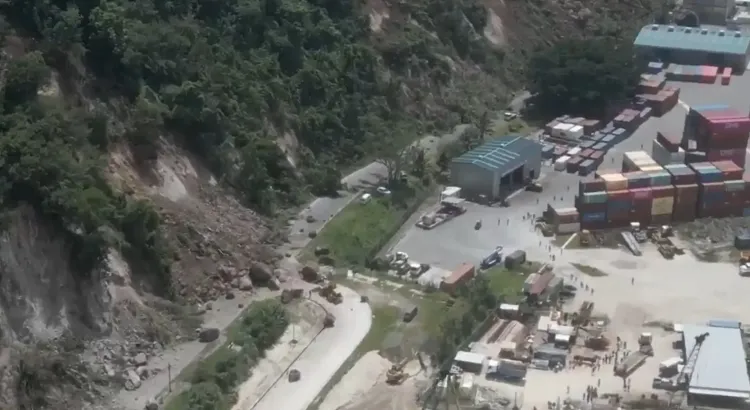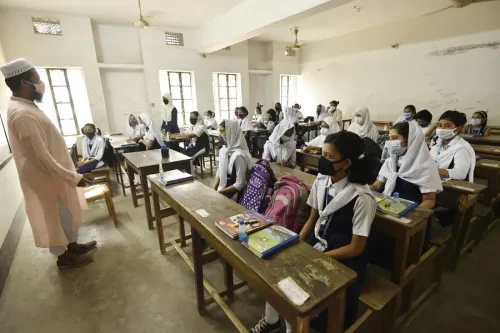Vanuatu Seeks Global Aid as Hospitals Reach Full Capacity Following Major Earthquake

Wellington, Dec 19 (NationPress) The hospital facilities in Vanuatu have reached a state of complete overcapacity as the Pacific Island nation calls for international support in the wake of a significant earthquake.
Michelle McCrystall, a climate scientist at the University of Auckland, noted on Thursday, “I visited the main hospital, Vila Central, during my trip to Vanuatu last year, and it was already at full capacity.”
The earthquake, described by residents as a “violent, high-frequency vertical shake,” has resulted in at least 14 fatalities and over 200 injuries, following the collapse of buildings. Fortunately, an initial tsunami alert has now been lifted.
McCrystall further emphasized that “hospital facilities in Vanuatu are already under immense pressure due to limited resources and inadequate medical equipment, relying on second-hand tools to serve the entire nation.” She added that the rising number of casualties will further strain a healthcare system that is in dire need of more nurses and doctors, as well as better medical equipment.
On Thursday, New Zealand dispatched aid flights to Vanuatu as the search for survivors continues, with hundreds of injured individuals receiving treatment after the 7.3-magnitude earthquake shook the area near the capital, Port Vila, approximately 30 km from the epicenter, at 12:47 local time, at a depth of 43 km, according to the Xinhua news agency.
Ian de Terte, a clinical psychologist from Massey University, expressed that the earthquake has been tragic for the residents of Vanuatu, a nation that has faced multiple disasters over the past decade.
The situation remains precarious in Vanuatu following the earthquake, prompting a request for international assistance from the government, as reported by a UN spokesperson on Wednesday.
UN humanitarian officials stated that immediate needs include medical supplies, repairs to medical facilities, mobile medical teams, search and rescue operations with heavy machinery, and access to safe drinking water.
Prof. Behzad Fatahi from the Civil and Earthquake Engineering department at the University of Technology Sydney urged residents in Port Vila, as well as neighboring nations like New Caledonia, Fiji, and the Solomon Islands, to stay vigilant for potential aftershocks.
He also cautioned about secondary risks, such as soil liquefaction and landslides, particularly in the coastal cliffs and hilly regions west of Port Vila, where ground instability may worsen following any aftershocks.









